Graduation director Cristian Mungiu on Cannes wins, anger in post-communist Romania and why he won’t move to Hollywood
One of the directors spearheading the so-called Romanian New Wave, Mungiu now has three Cannes awards to his name for films that hold up a revealing mirror to life in his home country
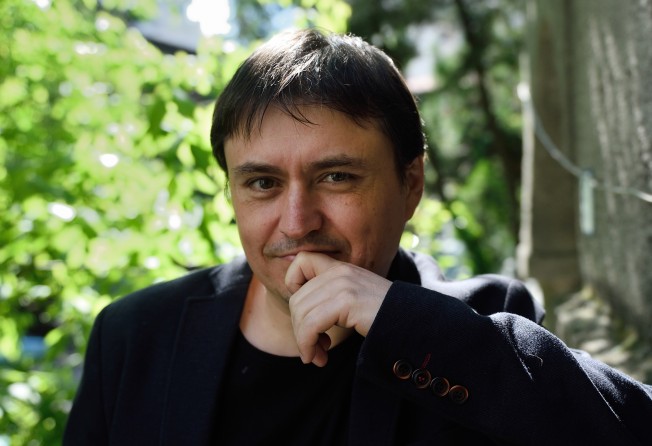
Ask cinephiles who are the most important European directors working today and you’re likely to hear the same few names: Michael Haneke, Pedro Almodóvar, Lars von Trier and the Dardenne brothers. But a case can be made for Cristian Mungiu.
Since he burst onto the scene in 2007, when he won Cannes’ prestigious Palme d’Or for his second film, 4 Months, 3 Weeks and 2 Days , the 49 year-old Romanian has solidified his position. His 2012 follow-up, Beyond the Hills, claimed best screenplay in Cannes, while last year he shared the best director prize at the 2016 festival alongside Personal Shopper ’s Olivier Assayas for his latest film Graduation.
Spearheading the so-called Romanian New Wave alongside fellow directors Cristi Puiu, Cristian Nemescu and Radu Muntean, the soft-spoken Mungiu is too modest to crow about his success, despite his films being sold to over 45 territories.
“We have more spectators for these films in a lot of other countries than we have back home,” sighs the former teacher and journalist. “People are very proud whenever we get awards … but [there’s] something I don’t like. When people congratulate me for the awards, you ask them, ‘Have you watched the film?’ And they say, ‘Not yet!’”
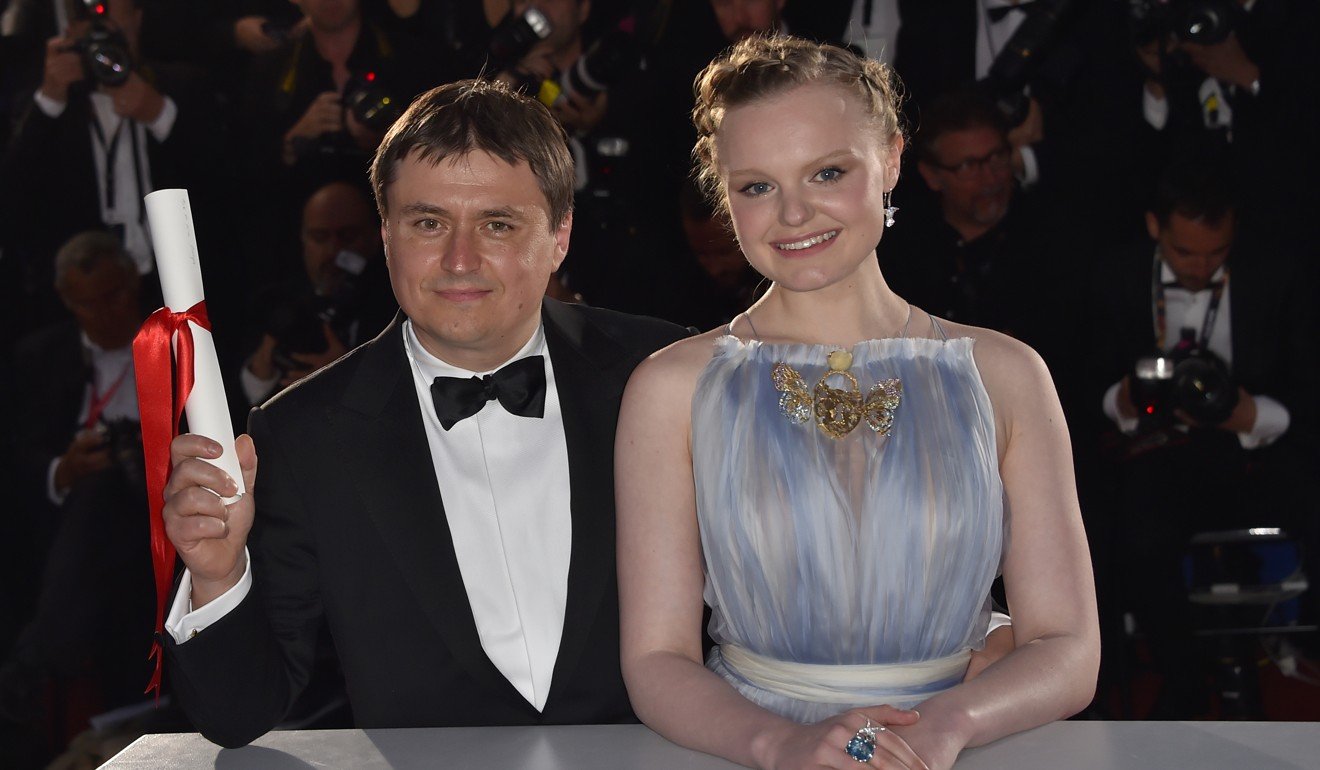
Then again, Mungiu’s films so potently hold up a mirror to life in post-communist Romania, it’s possible locals would rather look elsewhere for their entertainment. His 2002 debut Occident, although comic in tone, looked at the tendency of Eastern European youngsters leaving for the West. 4 Weeks was a graphic and harrowing tale about backstreet abortions. Beyond the Hills dealt with Orthodox religion and bureaucratic indifference.
Now there’s Graduation, a film that portrays moral decline among the middle classes. Set in Romania’s second city, Cluj, it begins as a teenage girl, Eliza (Maria-Victoria Dragus), is sexually assaulted near her school – an event inspired by a horrifying real-life rape of a youngster in Bucharest.
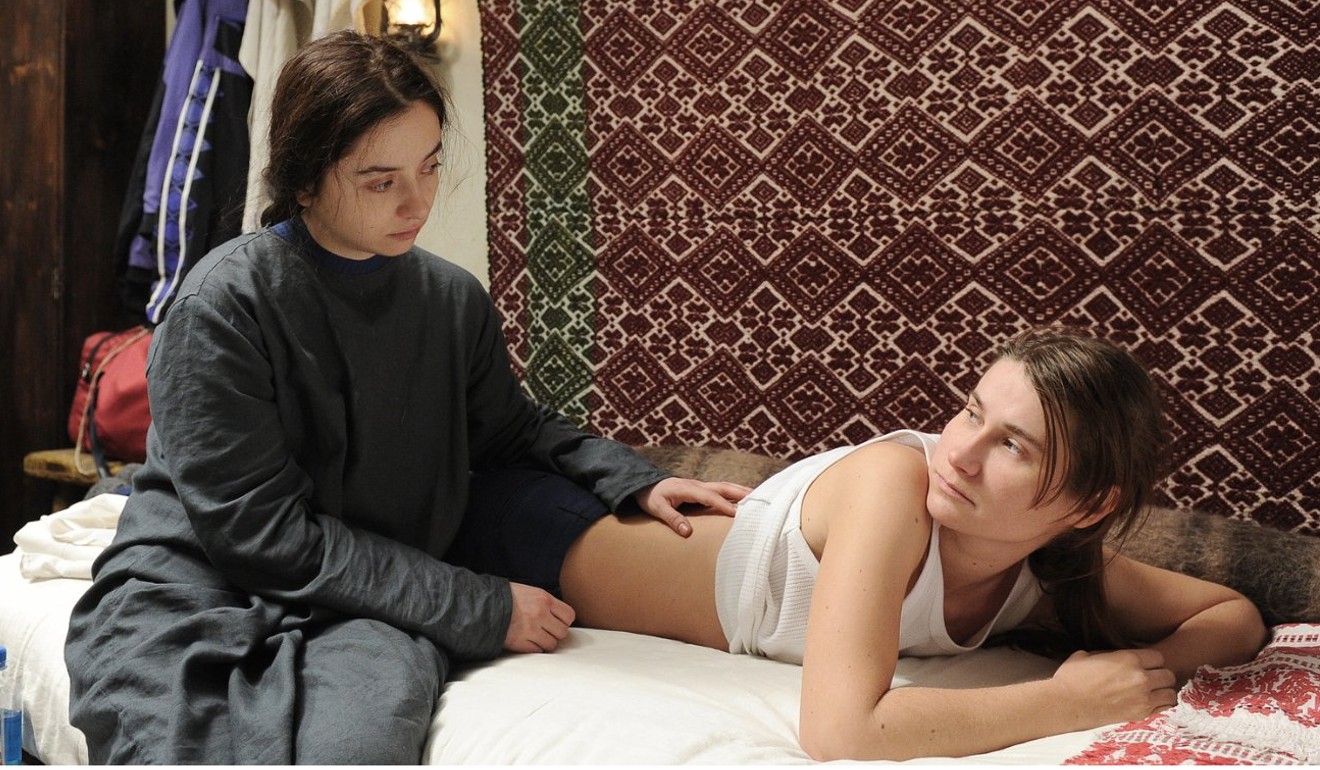
“Before she was raped, she was dragged on the street for half an hour between people and nobody interfered,” says Mungiu, still shocked. “We live among people but we just care about ourselves. This is not the mark of a healthy society. [If] we can’t get a collective solution for that society, it’s not a society. It’s a bunch of people living together.”
To prepare for the film, Mungiu and Dragus actually met the victim a year after the incident. “She was still in therapy,” he says. “But she was now strong enough to speak about what happened to her. Maria was very impressed because she didn’t know how she would handle the situation if she was in it, and I hoped it helped her. I think it speaks a lot about society nowadays. If you fail to have this kind of solidarity in society, it means you’ve failed on some level somehow.”
I see a lot of disappointed people around me. I see a lot of confused people around me. I see a lot of aggression around us in society as a result of this disappointment
Graduation is not about the trauma of assault, however. The incident is instead a springboard into a story that deals with corruption, collective responsibility, depression and infidelity. Eliza’s father Romeo (Adrian Titieni), a doctor by trade, takes matters into his own hands – and no, this is not a Hollywood revenge fantasy, but something far more intriguing. With Eliza in no fit state to complete her exams, Romeo cuts deals with those in positions of power to ensure his daughter makes it through the system to claim her provisional place at a British university to study psychology.
“I wanted to speak about this need to control your own life and to control the life of your children as well, which is an awful thing that parents do sometimes,” says Mungiu, who similarly grew up the son of a doctor. “It’s motivated so much by the affection we feel that we have for the children, but we don’t understand how manipulative we can be.”
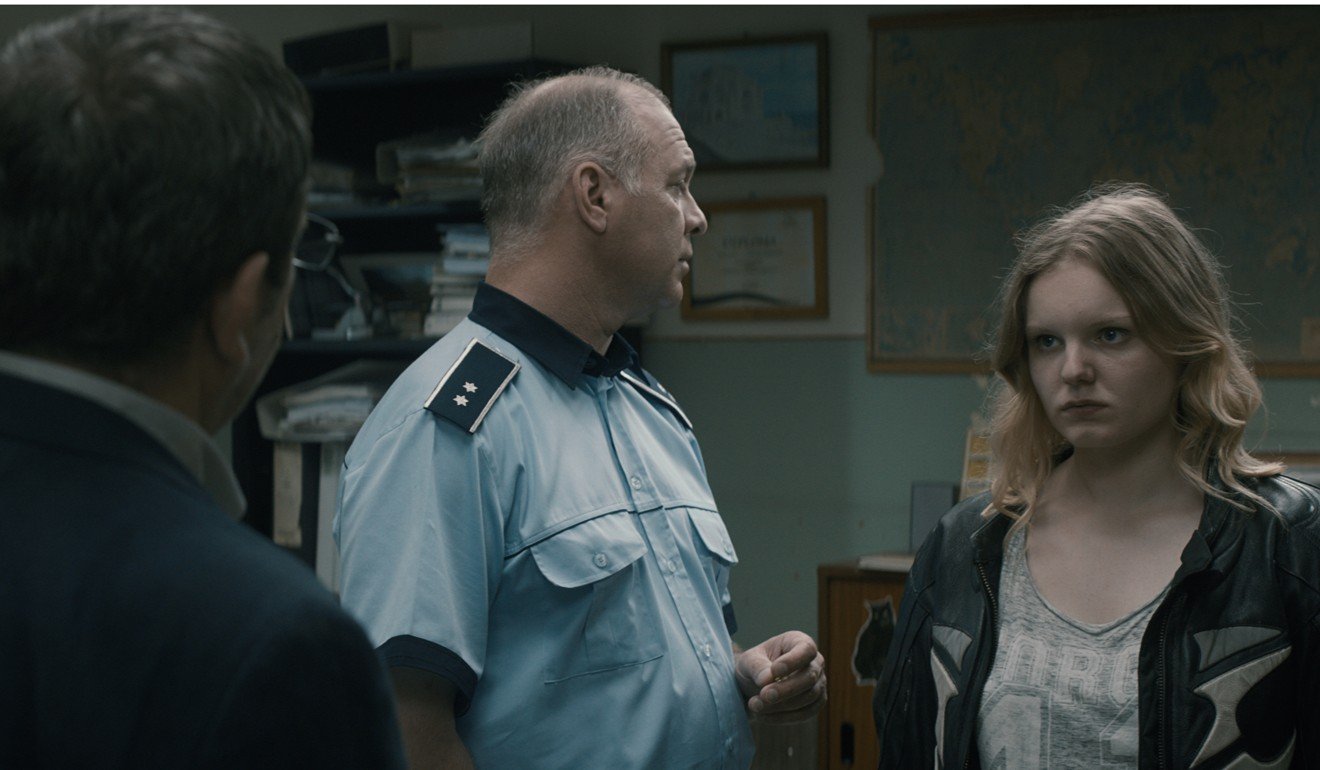
The way he sees it, our parental methods mirror our wider relationship with the world around us. “Unless we change [the] way of educating children, we can’t expect societies to change. We have to start with ourselves.”
Mungiu, a father to school-age children himself, is deeply concerned about the example he is setting. “I’m a calm person,” he says. “I can’t stand people shouting. I never shout on the set. I always talk calmly to my actors – and to my children.”
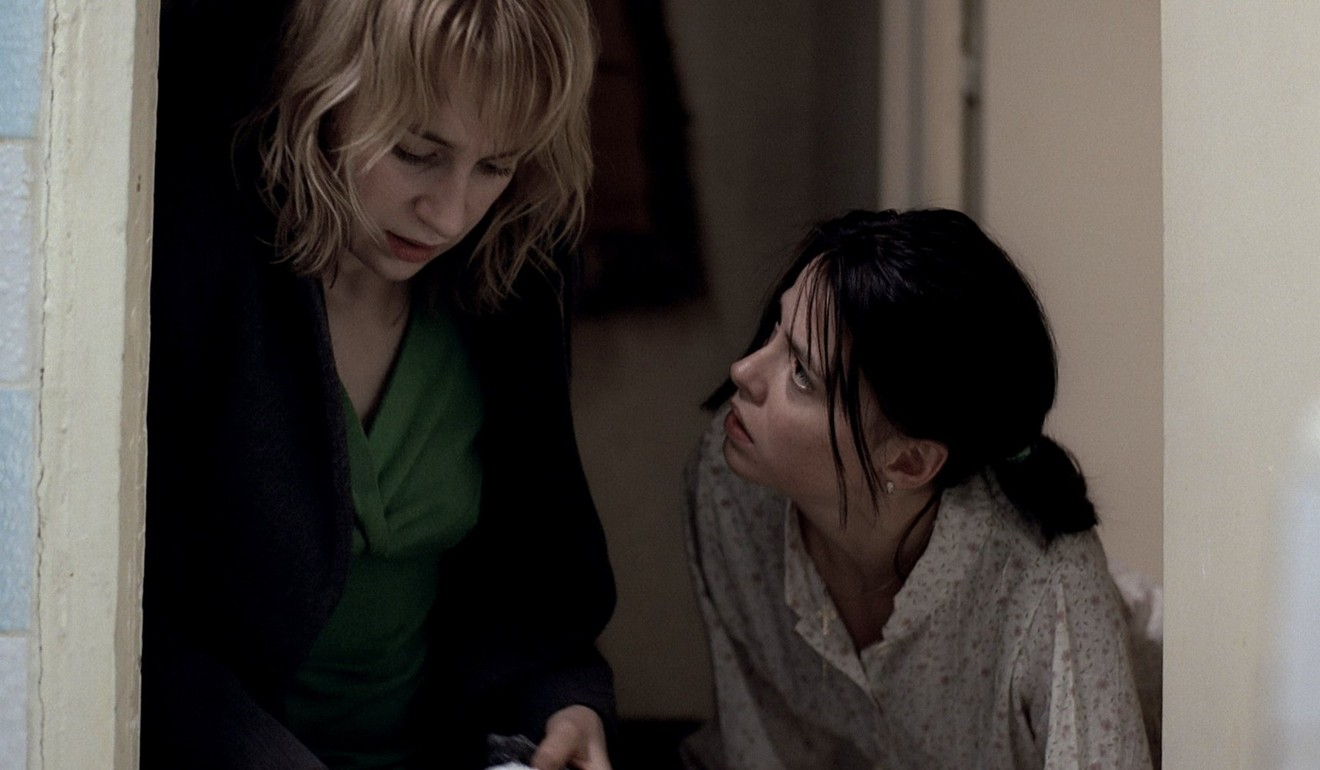
The same goes for driving, when he’s dropping his children off at school. He says that watching other aggressive drivers cut in, blocking off his access to the intersection when it’s his right of way, is telling. “I think driving in Bucharest is an expression of how people behave in that society. It speaks about people,” he says.
In Mungiu’s eyes, events like this reflect social malaise on a larger scale. “I see a lot of disappointed people around me. I see a lot of confused people around me. I see a lot of aggression around us in society as a result of this disappointment.
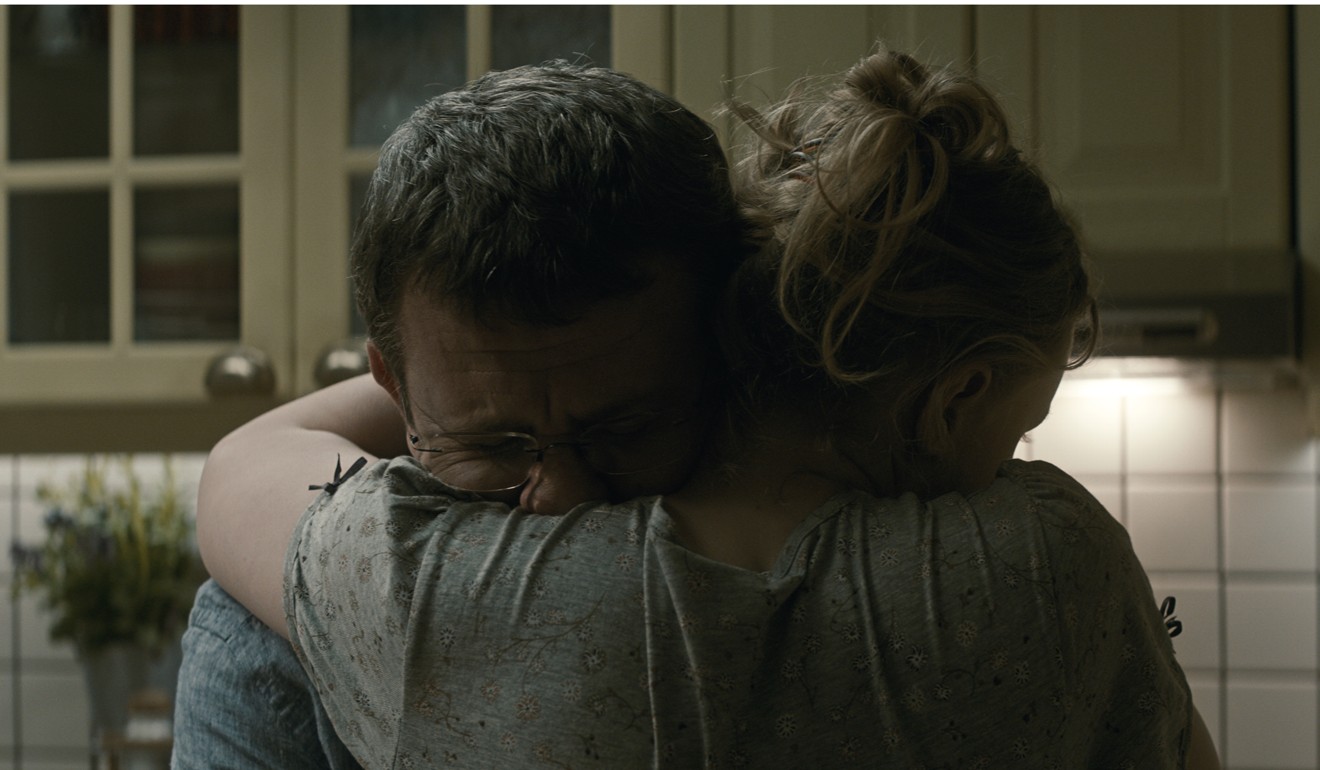
“Whenever you live in a society where there’s a lot of compromise and corruption, people won’t refer to it directly. But they feel somewhere deep inside this unethical society … they feel angry about this, they feel depressed, they feel it’s not right. They don’t have the energy and the means to change it.”
Is this just the result of living in a post-Communist society? “We can’t keep on blaming communism all the time,” he says, exasperated. He explains that progress has been made over the past 27 years since the dismantling of the Eastern bloc, but not enough. “We hope to be somewhere else [by now]. This is where the disappointment comes from.”
Certainly, there hasn’t been a film that perfectly encapsulates the post-communist-era mindset better than Graduation. There’s a line in it where Romeo wants Eliza to go to Britain because it’s more “civilised”. A stereotype, surely?
“If you lived in an Eastern [European] country … during communism, you will always have [had] this projection of the Western world, of it being probably better than it really is,” Mungiu says. “People need to imagine there is a better world somewhere and it’s easier to identify this better world, even on a moral and ethical level, with Western society.”
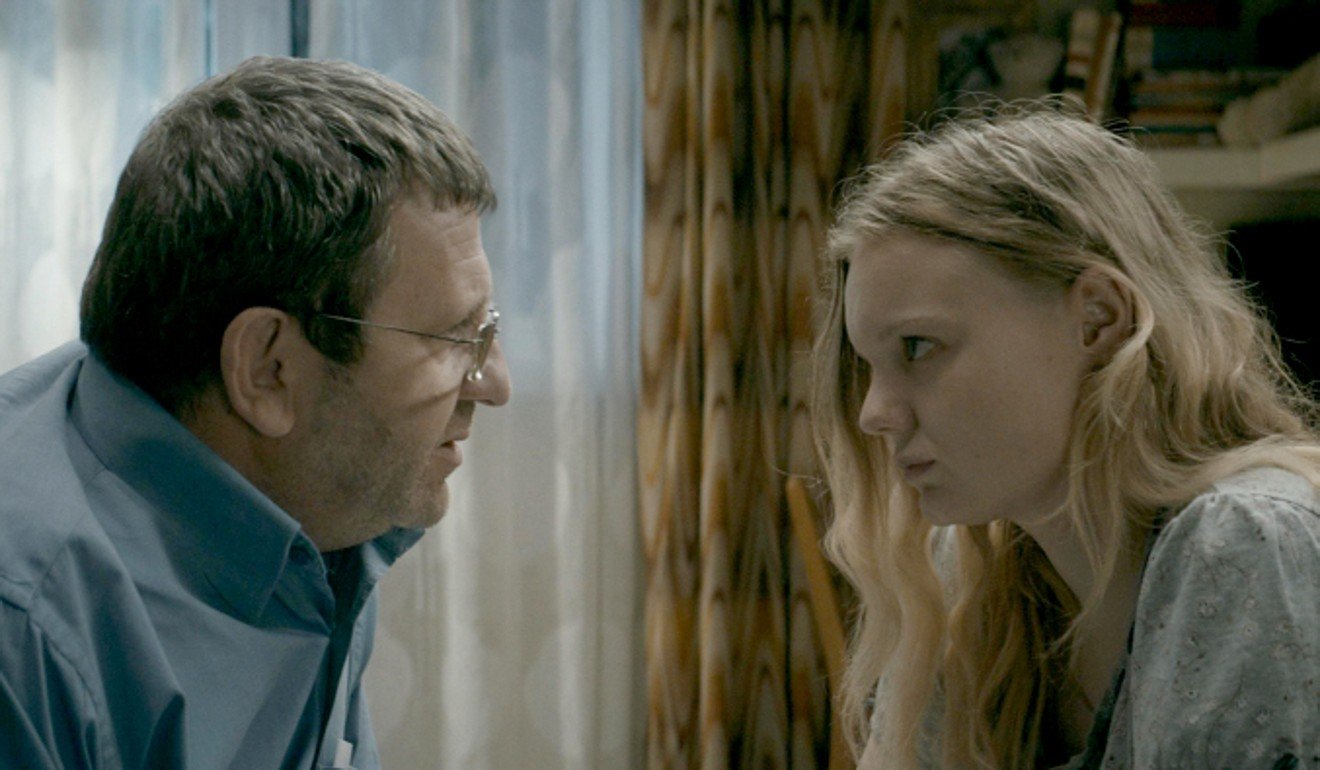
Mungiu, though, is happy to remain in Romania, despite repeated invitations to venture to Hollywood. “I’m not sure I could do a film about something that I don’t know in detail,” he says. “I never lived in Los Angeles [so I can’t] decide from the inside how society works, how people work. You need to understand why you make cinema.”
For Mungiu, ultimately it’s about helping people see how they can change the way they live. “I make cinema to express things that I noticed about the world around me and to encourage people to reconsider their own decisions in life.”
Graduation opens on May 18
Want more articles like this? Follow SCMP Film on Facebook